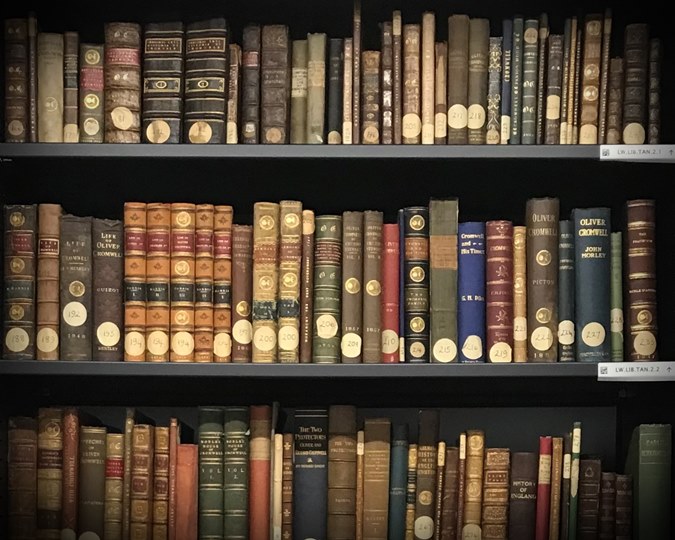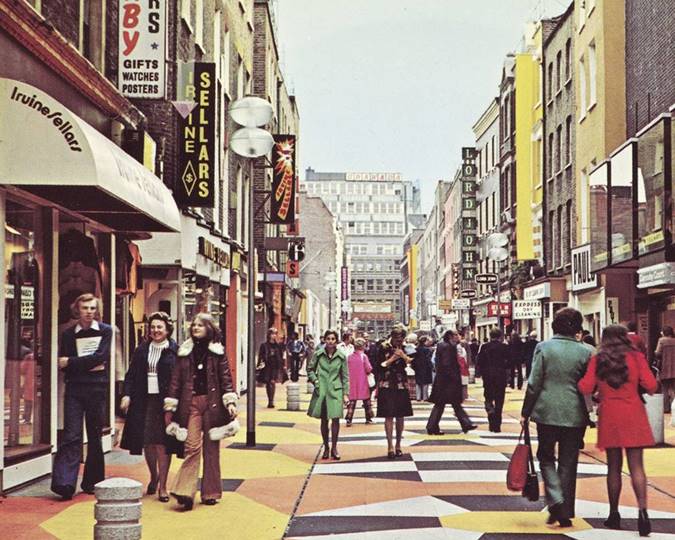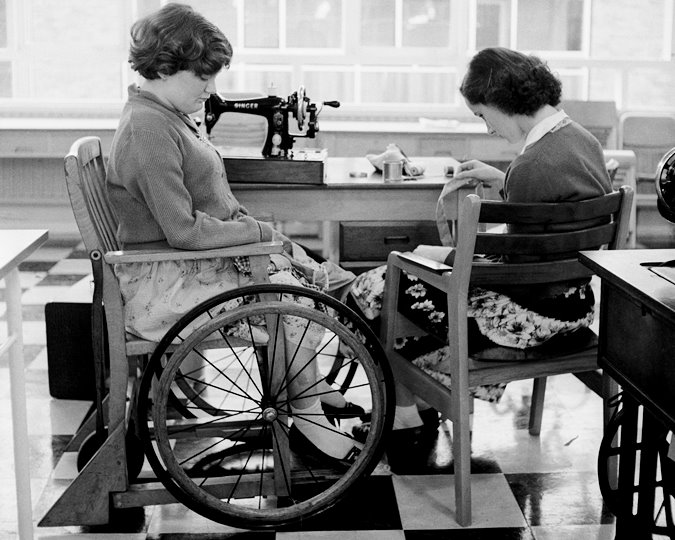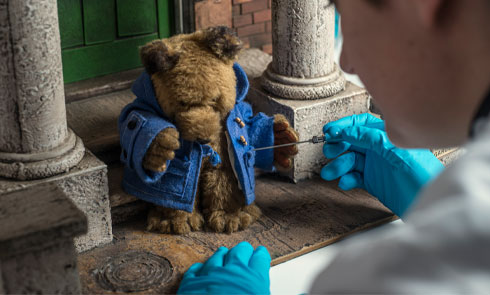John Dwight was a chemist and ceramics maker, who pioneered the mass production of stoneware pottery, fired at high temperatures, in England. He transformed the English pottery industry, reducing the country’s dependence on imported ceramics.
He was born somewhere between 1633 and 1636 in Gloucestershire, to a yeoman family, George and Joane Dwight. Despite these humble origins, John so excelled in his studies that he was able to attend Oxford University, studying chemistry and law. Here he worked in the laboratory of the pioneering scientist Robert Boyle, alongside polymath Robert Hooke.
He graduated as a bachelor of civil law in 1661 and became secretary to the bishop of Chester. Dwight was forced to leave the service of the church after 8 years after falling out with the new bishop, John Wilkins, in 1669. He moved to London and begun to experiment in producing high-quality pottery. In his own words “having tryed many experiments he concluded he had the secret of making China Ware. Thereupon he sold his Office, came to London, was encouraged therein by Mr Boyl and Dr Hook”.
In 1672 John Dwight was granted a patent, giving him rights for 14 years to the exclusive production of “transparent Earthenware commonly known by the names of Porcelane or China and Persian Ware as also … the stone ware vulgarly called Cologne ware”. Archaeological evidence shows that Dwight attempted to reproduce all the expensive ceramics imported to London, such as Chinese porcelain and red clay teawares. The broken trial pieces of his experimental "porcelain" now form part of the Museum of London collection. It was the production of salt-glazed stoneware, however, that Dwight excelled at. He appears to have independently discovered the practical principles of baking ceramics in high-firing kilns, of adding rock salt to produce a glaze, and to have identified suitable clays in England.
His pottery, constructed at Fulham, produced large amounts of stoneware, reducing London’s dependence on brown stoneware vessels which had for over a century been imported from the Rhineland by Dutch merchants. In 1674, Dwight boasted to the House of Lords that his kilns could make “as good and as much Cologne ware as would supply England”.
Dwight was granted a second patent in 1684, although he still does not seem to have produced any of the porcelain mentioned therein. Dwight spent much of his later years in suing other manufacturers for violating his patents on stoneware, with varying degrees of success. From 1693 to 1697, he launched lawsuits against 14 different potters, including the Wedgwood brothers. While many London potteries were forced to close or operate under a licence from Dwight, he did not succeed in stopping the use of his trade secrets across England.
John Dwight died in 1703, but the Fulham Pottery continued to operate until 1969, even as the principles of stoneware production pioneered there spread across Britain. The hugely productive potteries of Staffordshire, Bristol, Nottingham and Derbyshire continued to build on Dwight’s discoveries well into the next century.








